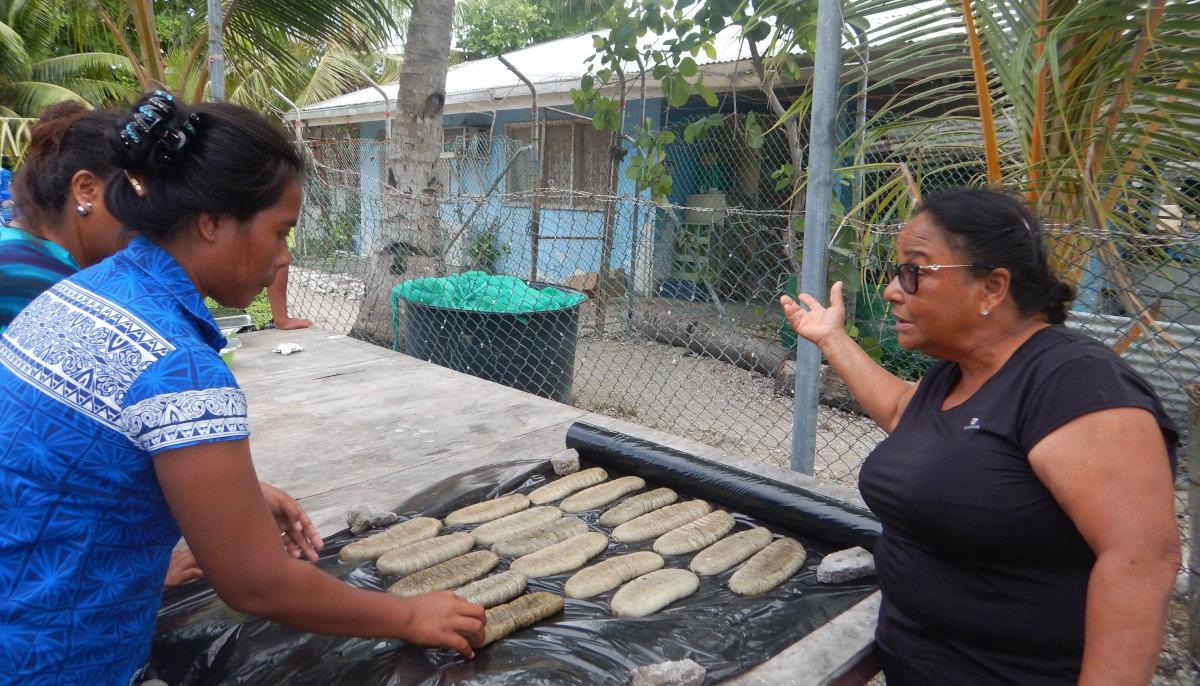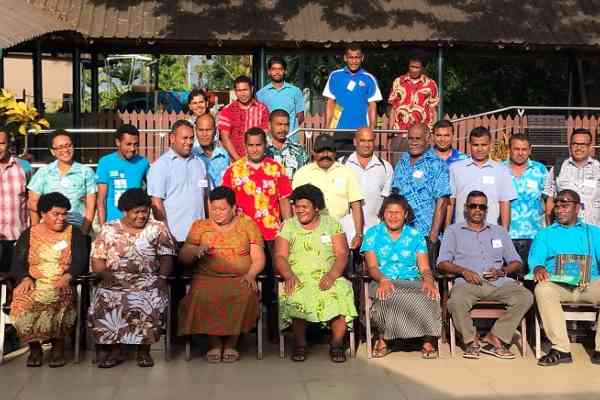For the first time, the five countriesi of the Micronesian Association for Sustainable Aquaculture (MASA) as well as Kiribati agreed this week on a set of national business strategies for aquaculture, which will be combined into a regional strategy for the sector’s development in the whole subregion. This is the final step of a regional project financed by the Food and Agriculture Organization (FAO) of the United Nations and implemented by the Pacific Community since 2017.
According to FAO, global fish consumption has grown rapidly, reaching to over 20 kg per capita in recent decades, with much higher rates in the Pacific. Since 1961, the annual global growth of fish consumption has been twice as high as population growth. This highlights the significant role aquaculture play – and will increasingly play in the future – for supporting food and nutrition security across the world, and in particular in the Pacific region.
As such, in Micronesia, FAO together with the Pacific Community, are working with MASA countries and Kiribati through this regional initiative to develop strategies that will help strengthen, amongst others, the sustainability and success of aquaculture activities, from a business investment perspective.
“The national plans developed through the project recommend priority investments and planning for aquaculture for the countries”, said Mele Tauati, FAO Fisheries Consultant. “They highlight specific key areas of technical assistance and pre-conditions that need to be addressed to attract investment, such as appropriate legal frameworks, market analyses and applied research and development for certain species of interest.”
Some key areas must be taken into consideration when starting an aquaculture business. They include location, breed of fish, capacity, operations plan, and management team. These key components, in addition to several others, literally differentiate a failing operation from a successful one, with possibilities pf growth?
“Having an aquaculture business strategy will help these countries raise funds at the national, regional and global levels, to start or expand aquaculture businesses.” said Robert Jimmy, the Pacific Community Aquaculture Adviser. “We hope that Micronesian countries will therefore be able to strengthen this sector, which is critical when it comes to strengthening food security and economic empowerment of local communities.”
The national strategies and a regional strategy presented at this meeting will highlight common priorities and issues faced in MASA countries and Kiribati, some of which may also apply to the rest of the Micronesian subregion. Interested and collaborating partners will also have an opportunity to learn about these issues and priorities identified for potential support in the near future.
Download pictures:
National Aquaculture Center for FSM based in Kosrae
Sandfish processing Kiribati
Media contacts:
Toky Rasoloarimanana, Communications Office, Fisheries, Aquaculture and Marine Ecosystems Division, Pacific Community (SPC) | [email protected], Tel: +687 89 93 94
Kevin Hadfield, Communications Specialist, Subregional Office for the Pacific Islands, Apia, Samoa, Food and Agriculture Organisation (FAO) | [email protected]

